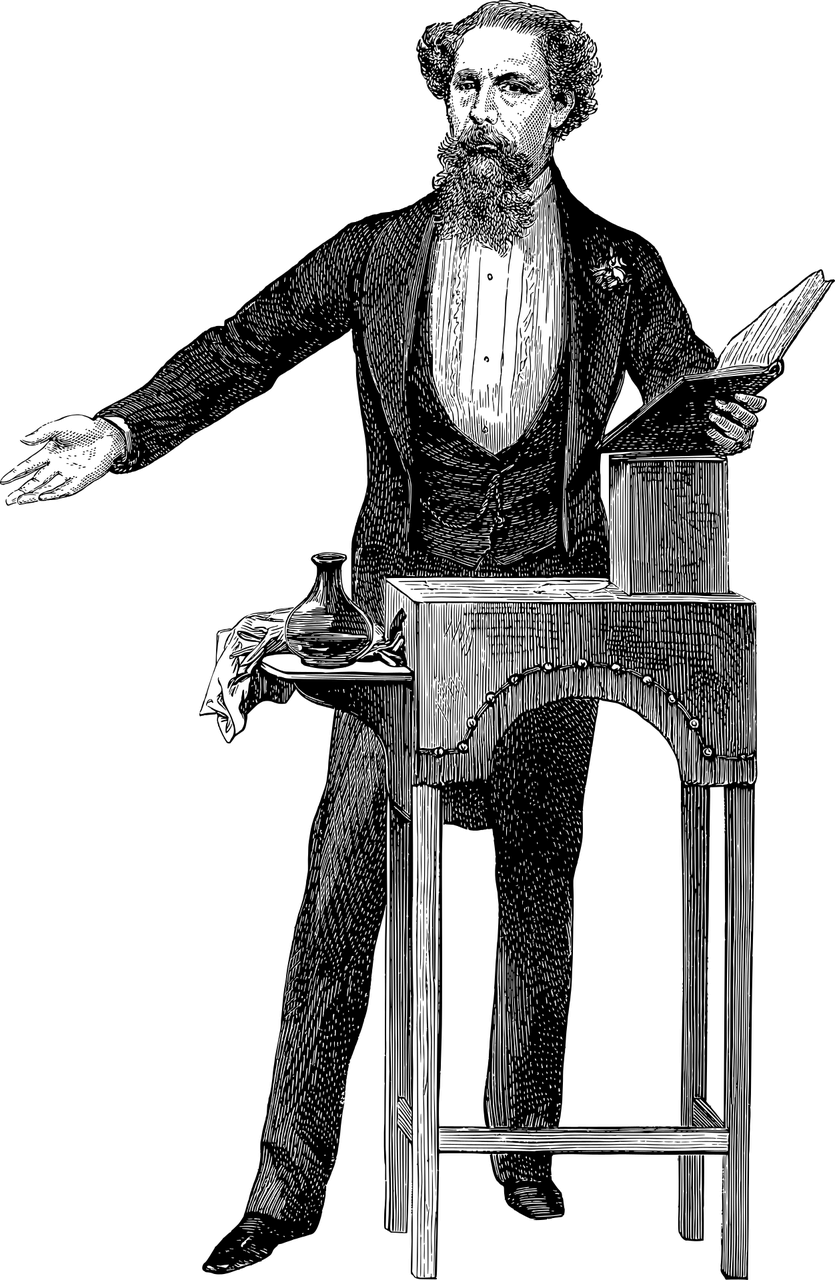George Orwells Animal Farm: A Masterpiece of Political Satire

Introduction:
George Orwell’s “Animal Farm” is a critically acclaimed allegorical novel that has captivated readers around the world. Published in 1945, this thought-provoking and powerful piece of literature offers a scathing critique of totalitarianism and the corrupting nature of power. By using animals as the main characters, Orwell not only creates a captivating story but also allows readers to reflect on the flaws and dangers of human society.
Historical Context:

To fully appreciate the significance of “Animal Farm,” it is important to understand the historical context in which it was written. George Orwell, himself a staunch critic of totalitarian regimes, was deeply influenced by the rise of Soviet communism and the abuses of power he witnessed during the Spanish Civil War. Drawing from these experiences, Orwell crafted a narrative that would serve as a cautionary tale for future generations.
Development of “Animal Farm” over Time:
Since its publication, “Animal Farm” has become a literary classic and a staple in classrooms worldwide. Its popularity can be attributed to its timeless themes, masterful storytelling, and powerful social commentary. Over the years, the book has been translated into numerous languages, adapted into various forms of media, and continues to be celebrated for its literary brilliance.
Key Themes and Analysis:
One of the central themes of “Animal Farm” is the corrupting nature of power. Orwell portrays this through the gradual transformation of the pigs, who initially lead the rebellion, into oppressive dictators. The novel also explores the idea of class struggle, as the animals attempt to create a utopian society, only to have it devolve into a hierarchy reminiscent of the very systems they sought to overthrow.
By using animals to represent different political figures and social classes, Orwell provides a clever and engaging critique of the dynamics of power and the failings of human society. Napoleon, the ruthless and power-hungry pig, symbolizes figures like Joseph Stalin, while Snowball, the idealistic and visionary pig, represents Leon Trotsky.
The satirical elements in “Animal Farm” are also worth mentioning. Orwell’s use of irony, humor, and allegory effectively exposes the hypocrisy and absurdity of totalitarian regimes. Through clever wordplay and memorable slogans like “All animals are equal, but some animals are more equal than others,” Orwell invites readers to question their own societies and the systems of governance that they uphold.
To further explore the impact of “Animal Farm” and its enduring relevance, watch the following video analysis:
Conclusion:
George Orwell’s “Animal Farm” continues to resonate with readers today, offering a timeless reminder of the dangers of unchecked power and the importance of remaining vigilant against tyranny. By crafting a narrative that is both entertaining and thought-provoking, Orwell ensures that his message reaches a wide audience. Whether you are a lover of literature, a student of history, or simply intrigued by the complexities of human nature, “Animal Farm” is a must-read that will leave a lasting impression.
References:
– Orwell, George. Animal Farm. Secker and Warburg, 1945.
– Rodden, John. George Orwell: The Politics of Literary Reputation. Transaction Publishers, 2001.
– Taylor, D. J. Orwell: The Life. Henry Holt and Co., 2003.
















































